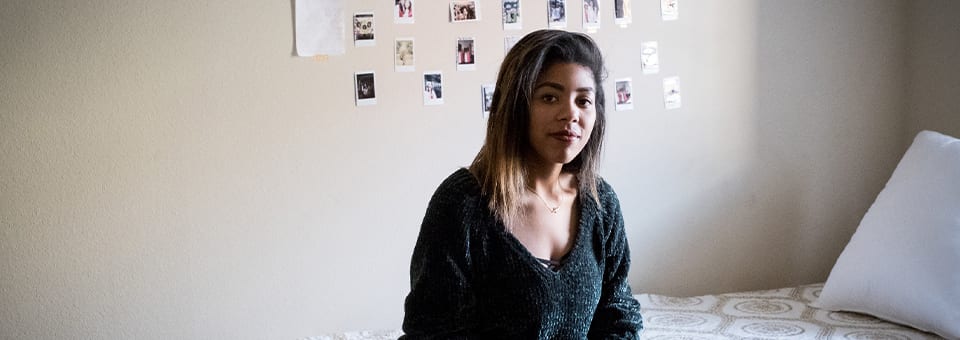U.S. Supreme Court Decision Will Cause Denial of Birth Control Coverage for Thousands

Court Gives Trump Administration Broad Authority to Expand Employer Exemptions for Moral and Religious Reasons
The recent ruling by the United States Supreme Court in favor of the Trump administration’s bid to allow schools and employers to deny birth control coverage because of religious or moral objections will cause tens of thousands of employees and students across the country to lose coverage.
In a 7-2 ruling on July 8, the Court cleared the way for Trump administration rules that permit virtually any entity—corporation, university, or non-profit—to opt out of the Affordable Care Act’s (ACA) requirement that health care plans provide no-cost contraceptive coverage. The decision also opens the door to discrimination under the guise of “religious freedom.”
“The Court’s decision is a gross misinterpretation of the Affordable Care Act and what Congress intended,” said Emily Nestler, a senior staff attorney at the Center for Reproductive Rights. “It will allow companies and universities to impose their religious and moral beliefs on thousands of individuals who will be denied necessary healthcare coverage as a result. This is wrong and discriminatory.”
Earlier this year, the Center for Reproductive Rights joined 20 other organizations to file a “friend of the court” brief in the case, opposing the Trump-Pence rule. The brief explained, “Through the rulemaking challenged here, the government has sought to…[establish] religious and moral exemptions that effectively nullify the contraceptive-coverage requirement’s protections for hundreds of thousands of women…”
The new rules will harm people in low-wage jobs, students receiving student health insurance, and low-income people of color, who already face disparities in accessing care.
For many, whether they have birth control coverage will now be up to their bosses or universities.
“It’s important to bear in mind that any cost is a tremendous burden to people who already face huge barriers to access,” Nestler said in an interview with Good Morning America. “Any amount of money that you pay for your birth control is money that’s not going to other things, like your rent and your food and taking care of your family.”
The ACA’s contraceptive coverage benefit went into effect in August 2012. As a result, nearly 61.4 million women have no-cost birth control coverage today.
Nestler said Congress also has the power to step in and end the ongoing legal battle by requiring that contraceptives be considered as part of “minimal essential coverage” for Americans under the ACA. The Department of Health and Human Services currently defines what services qualify, which led to the Supreme Court case.
“Congress really should take action,” Nestler said, “to ensure that the administration can’t enforce these discriminatory rules anymore…these rules that we now have are clearly not what Congress intended. They certainly could and should step in.”
In a separate case, which remains ongoing, the Center and its partners in 2018 sued the Trump administration and the University of Notre Dame, after the University opted to deny students, employees, and their dependents the birth control coverage required by the ACA.
Related coverage by the Center for Reproductive Rights:
“Supreme Court Hears Case Challenging Trump-Pence Denial of Birth Control Coverage”
Photo credit: Nina Robinson/Getty Images/Images of Empowerment
